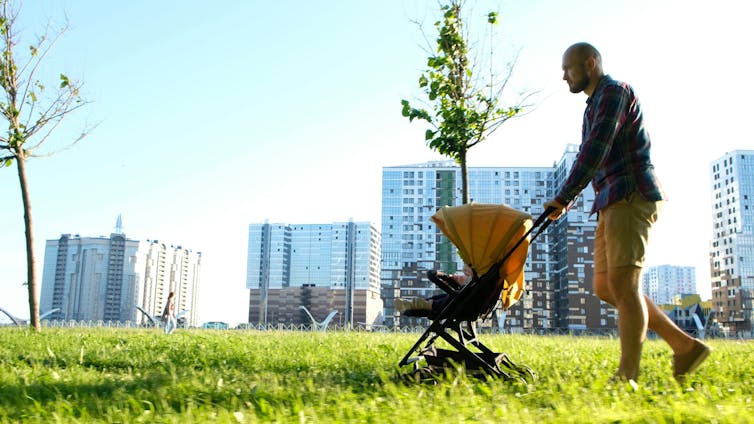Mothers will be given maternity pay for a full year after the birth of their children under a package of new measures announced by Labour. The proposals that aim to change the way women are treated at work would involve an increase in statutory maternity pay – from nine to 12 months. This would allow all working mothers or parents to spend a full year with their new-born babies before going back to work.
Mothers are currently allowed up to 52 weeks maternity leave – but are only paid for nine of them. The first six weeks is paid at 90% of the woman’s average weekly earnings before tax. The remaining 33 weeks is paid at £148.68 per week or 90% of their average weekly earnings, whichever is lower.
Under the current system, mothers going on maternity leave are faced with the challenge of low maternity pay, expensive childcare and lack of support on their return to work, so it’s great that the Labour party recognises and plans to resolve the discrimination women face in the workplace. But, as it stands, Labour’s plan of extending maternity leave pay for another three months at the statutory rate doesn’t do enough to address gender inequality – at both work and home.
Maternity discrimination
Women have suffered various forms of maternity discrimination in the UK over the years, such as redundancy, loss of job, and being overlooked for promotions. And many UK employers see pregnancy as an unnecessary burden in the workplace – with little incentive for employers to support pregnant women, or women going on maternity leave.
Indeed, Labour’s maternity proposal highlights how slow and late the UK is compared to other countries in making family-friendly policies that foster equality at home and in the workplace. And, even now, this extension of maternity pay, still falls short. This is because it endorses the cultural perception of fathers being the breadwinners of the family and mothers the caregivers – highlighting the fact that women in the UK are not considered contributors to the labour market in the same way as men.
The proposal also fails to recognise the importance of a father’s involvement in parenting. This is despite increasing numbers of dads sharing parenting responsibilities and the breadwinner role in modern families.
Labours proposal also seem to ignore the benefits of dads involvement in the care of their children. This is despite the fact that research has shown that having two parents involved in parenting from a young age is more beneficial for the child – and the couple.
Lessons from Sweden
In this sense then, Labour’s proposal can be considered a missed opportunity to bring the UK in line with other countries that have better policies on gender equality.
Sweden, for example, is ranked the best place in the world to raise a family because of its generous parental leave policy. Reduced working hours for parents with young children, high-quality childcare and extensive out-of-school-hours care at a low prices are just some of the benefits available in family-friendly Sweden.
For more than 40 years, Sweden has recognised that mothers and fathers should have equal parenting roles – and policies aim to balance gender equality at home and in the workplace. The government gives each parent 240 days paid leave at about 80% of their salary – plus bonus days in cases of twins. Of that leave, 90 days are reserved for each parent and are non-transferable – making Sweden the country with the the highest amount of leave reserved for dads.
The 480 days in total does not expire until the child is eight years old. And the generous family-friendly policies also have a positive impact on breastfeeding rates. Sweden has one of the highest breastfeeding rates in the world – unlike the UK, which has one of the lowest.

So for Labour to really make a difference to gender equality and “the way women are treated at work” the rate of maternity pay also needs to be increased – because well-paid parental leave is associated with improved female retention, higher female employment, less gender stereotyping at work and lower gender pay gaps.
Paternity leave duration should be increased to at least 12 weeks and the pay increased – in line with what’s on offer for mothers. And shared parental leave pay must also be boosted to further encourage dads’ involvements in parental responsibilities. This is important, because ultimately, the more dads get involved in parenting, the more gender stereotypes will reduce.



